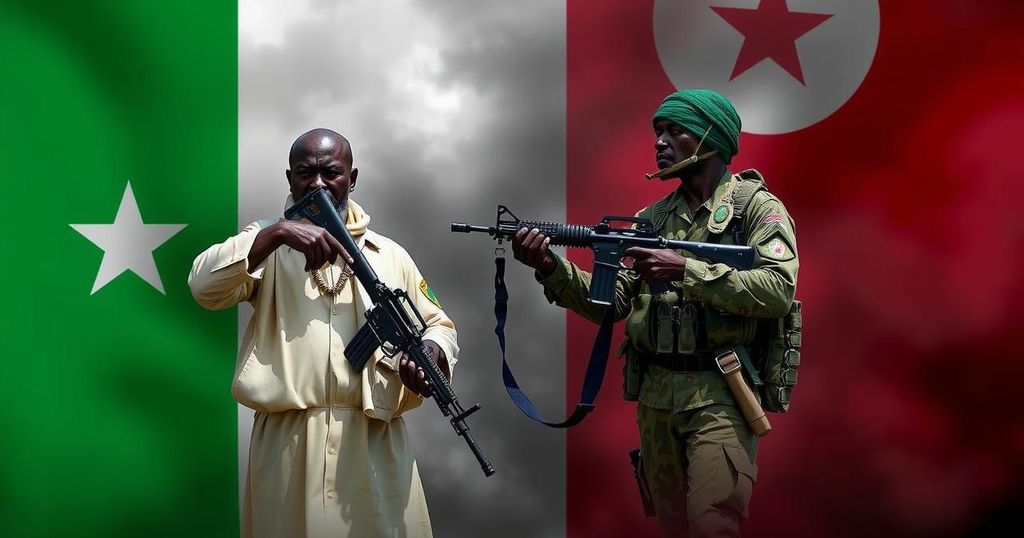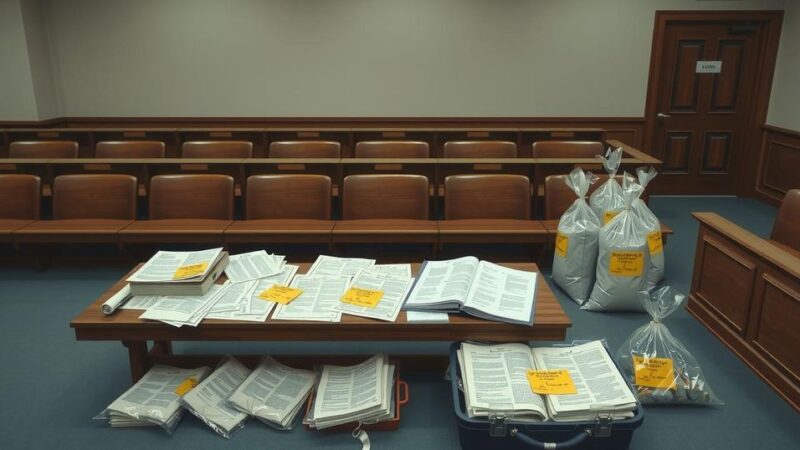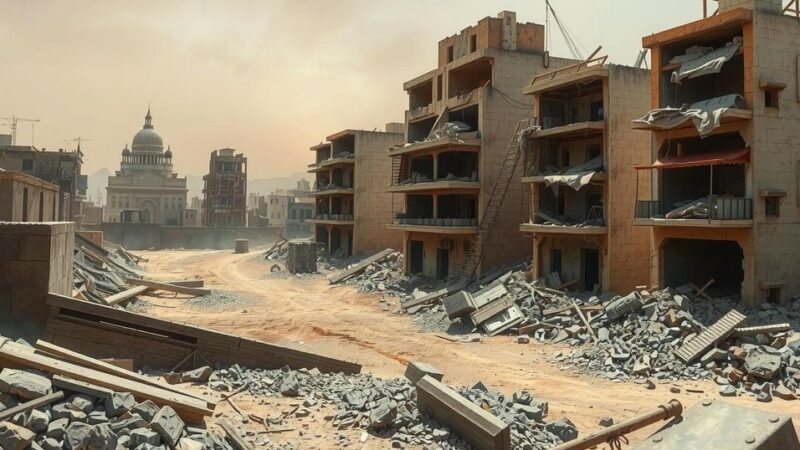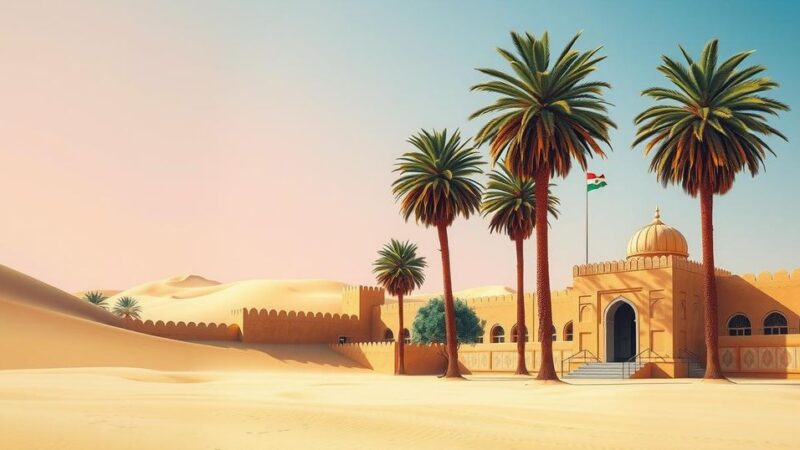Chad has accused Sudan of arming and financing rebel groups to destabilize Chad, particularly those from the Zaghawa ethnic group. This accusation follows tumultuous events in the region, including the recent death of opposition leader Yaya Dillo Djerou and ongoing conflicts resulting in a humanitarian crisis in Sudan. Mutual allegations between the countries regarding support for rival factions highlight the complexities of their strained relations.
On Friday, Chad publicly accused Sudan of supporting rebel factions within its borders by providing them with arms and financial resources aimed at altering the regional stability. The Chadian government asserts that Sudan is backing a rebellion led by the Zaghawa ethnic group, currently based in the southwestern region of El Facher, Sudan. Abderaman Koulamallah, Chad’s Minister of Foreign Affairs and government spokesperson, stated, “Sudan is financing and arming terrorist groups operating in the sub-region with the aim of destabilising Chad.” The Zaghawa militant group is led by Ousman Dillo, who is the younger sibling of Yaya Dillo Djerou, an opposition leader who was killed by Chadian military forces earlier this year. This is not the first instance of cross-border tensions; in February 2008, a Zaghawa group executed a swift military offensive into Chad, which prompted then-President Idriss Deby Itno to seek refuge in his palace before he managed to repel the assault with French assistance. Following the death of Idriss Deby in 2021 during combat with rebel factions near the Libyan border, his son Mahamat Idriss Deby ascended to the presidency. Furthermore, the accusations are mutual. Sudan’s government has alleged that Chad intervenes in its national conflict by supplying weaponry from the United Arab Emirates to the paramilitary group, Rapid Support Forces (RSF), a claim that both Chad and the UAE deny. The Sudanese war commenced in April 2023, resulting in substantial fatalities and the displacement of over 11 million individuals, with 3.1 million seeking asylum outside Sudan.
The ongoing tensions between Chad and Sudan arise from historical conflicts involving ethnic groups and rebel factions that operate across their shared border. The Zaghawa ethnic group, significant in both nations, historically partakes in rebel activities, particularly against government forces. Chad’s accusations against Sudan illustrate the fragile nature of regional security, further exacerbated by Sudan’s internal strife between its military and RSF. This complex interplay of rebellion and accusations reflects the broader geopolitical instability in the region, wherein external influences and historical grievances fuel ongoing conflicts.
In conclusion, the allegations by Chad against Sudan regarding support for rebel groups signify deep-seated tensions that threaten regional stability. The historical context of ethnic conflicts and recent domestic upheavals in Sudan further complicate this situation. Both nations have exchanged accusations of interference, and with the ongoing humanitarian crisis in Sudan, the need for diplomatic dialogue and conflict resolution is imperative to prevent further escalation.
Original Source: www.arabnews.com






